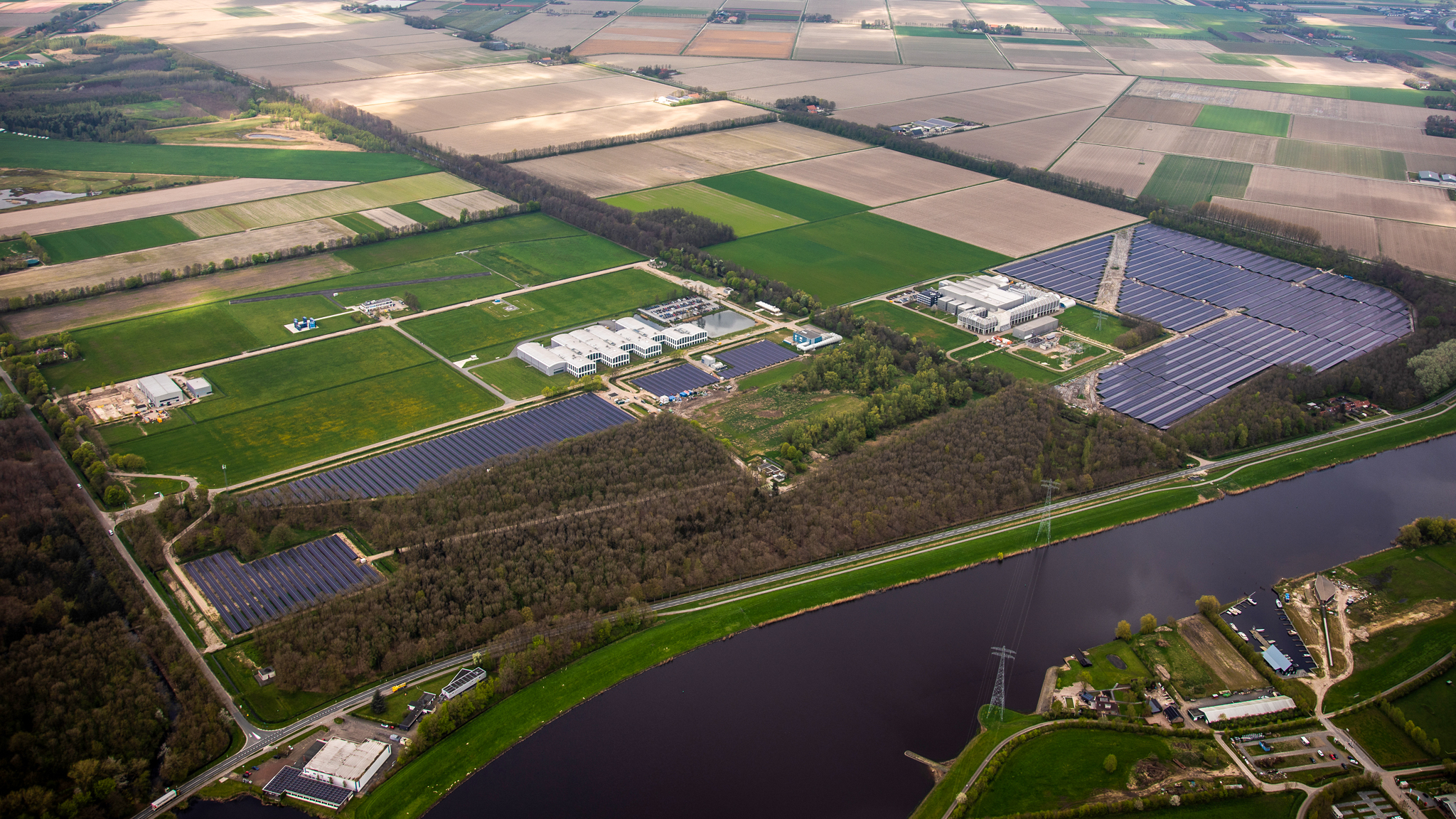
Sustainability of our own organisation
In addition to making the aerospace industry more sustainable, we are also working to make our own organisation more sustainable. We have made our buildings more energy-efficient, with the majority now holding an energy label A (energy performance certificate – EPC). In addition, our company cars have been replaced with electric and hybrid models, and we are taking steps to reduce business travel miles and associated emissions. We also incorporate sustainability into our procurement processes, have partnered with sustainable caterer Hutten, and use refurbished coffee machines.
We have set various sustainability targets, including CO2 emissions, electricity consumption, waste separation, and water usage. Our ambition is to be carbon neutral by 2030 in terms of our own emissions (scope 1 and 2) and to achieve carbon neutrality for our entire emissions (scope 1, 2, and 3) by 2050. We have an annual CO2 footprint report compiled and are certified to ISO-14001 carbon reduction management.
Infographic CO2 footprint (scope 1 en 2) 2023
In 2023, NLR achieved net-zero emissions for all scope 1 and 2 emissions for the first time. This milestone was reached through a significant reduction in emissions and offsetting of the remaining emissions through the purchase of Dutch wind Guarantees of Origin (GVO) certificates and Verified Emission Reduction (VER) credits. NLR recognises that offsetting should not replace other forms of emission reduction and will continue to strive to reduce emissions prior to offsetting in the coming years.
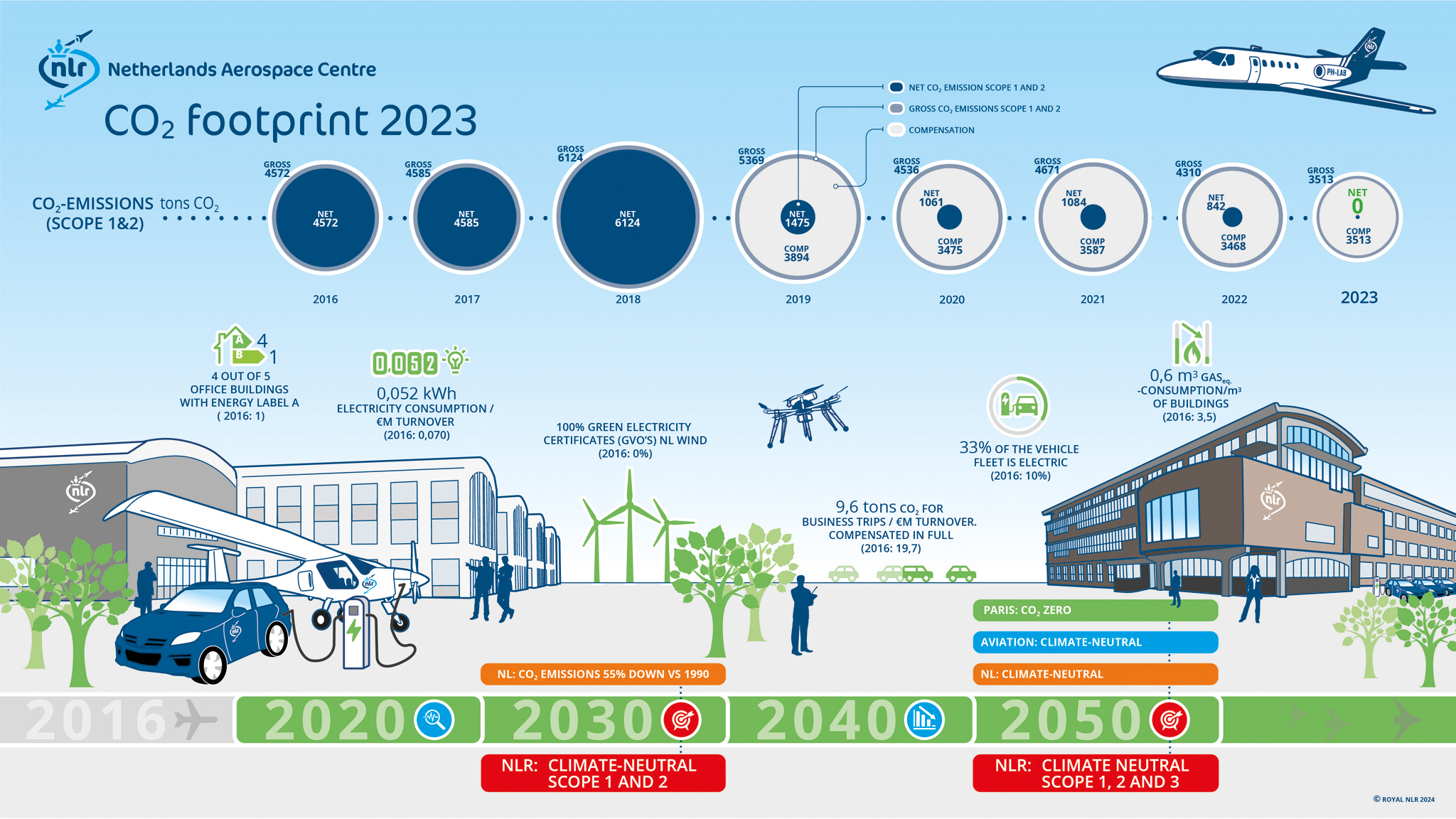
As a foundation, we are not yet required to report under the European Corporate Sustainability Reporting Directive (CSRD). However, in 2025, we will publish a sustainability report for the year 2024, based on the Voluntary Reporting Standard for SMEs (VSME) standard, which is derived from CSRD. The VSME standard is a reporting standard developed by the European Financial Reporting Advisory Group (EFRAG) to help small and medium-sized enterprises (SMEs) report on their sustainability performance. EFRAG is an independent organisation that provides advice to the European Commission on financial reporting and sustainability reporting. The VSME standard covers the three pillars: Environment, Social, and Governance. By using this standard, SMEs like NLR can report on their sustainability performance in a transparent and consistent manner. By reporting on a voluntary basis, we make our sustainability performance transparent and accessible, and proactively inform our stakeholders about our progress.
Sustainability and SDG’s
The United Nations has established 17 Sustainable Development Goals . These goals contribute to a more sustainable and equitable future. At NLR, we have identified the SDG’s that are most closely aligned with our organisation’s goals and priorities. These goals are:
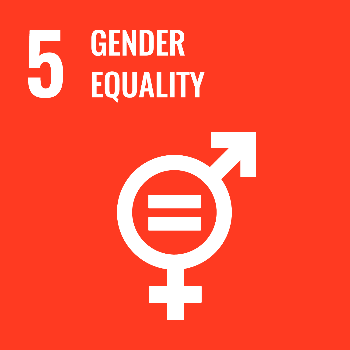
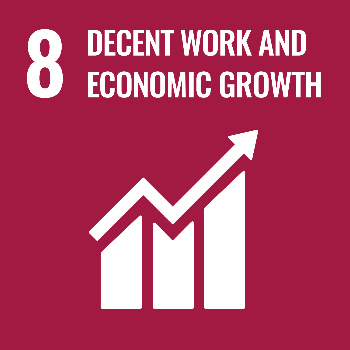
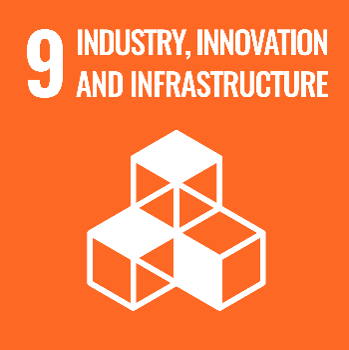
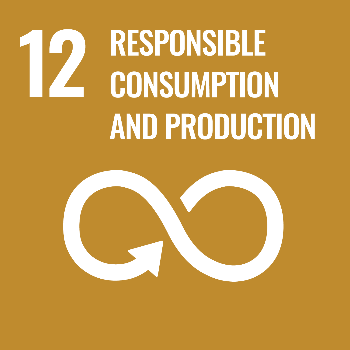
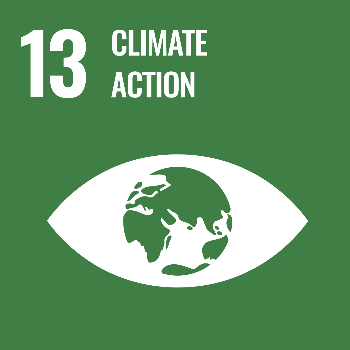
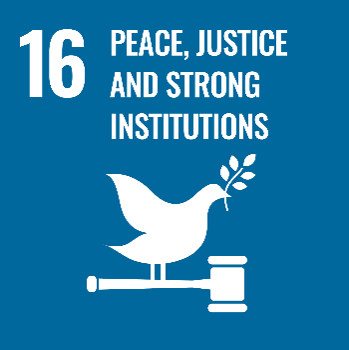
We also endorse the principles of the United Nations Global Compact, which help us to base our activities on universal values and principles in the areas of human rights, labour rights, environment and anti-corruption. By focusing on these six SDG’s and the UNGC principles, we can contribute to a more sustainable and innovative future for everyone.